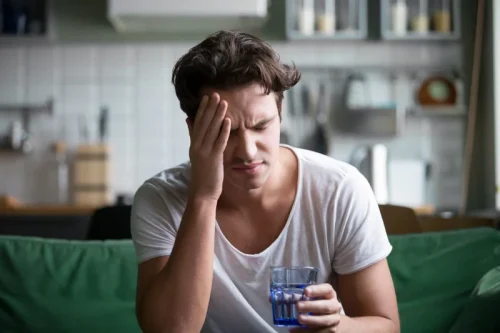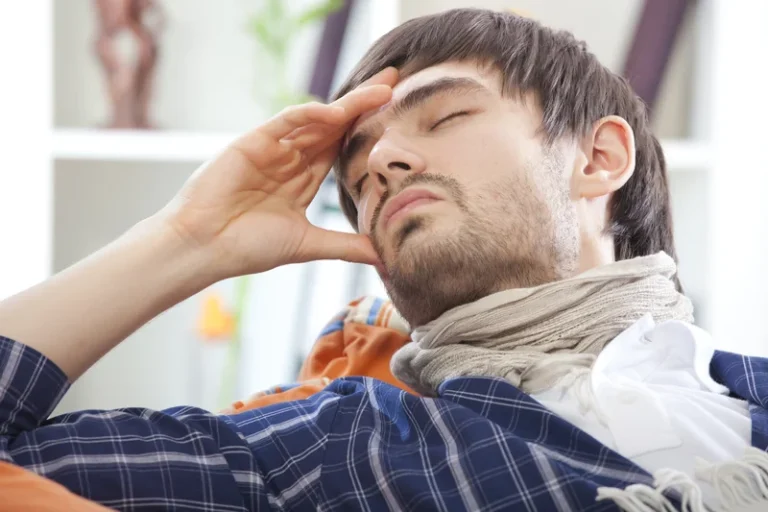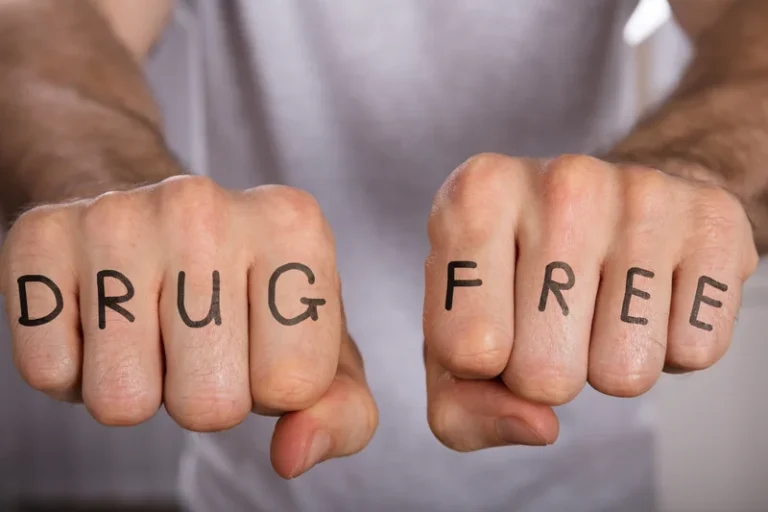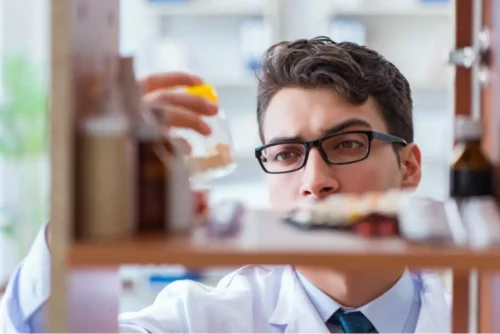
Unfortunately, using alcohol to reduce your level of anxiety creates a vicious cycle that will only make things worse. You can get rid of hangxiety with rehydration, rest, and pain relievers. Try practicing self-compassion and relaxation techniques to relieve embarrassment, shame, or regret you might feel after drinking. Remember to limit yourself to one to two drinks per day and https://ecosoberhouse.com/article/5-stages-of-alcoholism/ pace yourself by drinking water in between each drink. Dr. Zia is a double board-certified Adult and Child & Adolescent Psychiatrist with 10 years of experience in diagnosing and treating common psychiatric conditions including Depression, Anxiety, PTSD, Bipolar Disorder, and Psychosis. Alcohol might temporarily numb anxious thoughts and feelings, providing a sense of escape.
Traditional ways of treating anxiety
- One of the first signs of a budding alcohol problem is an increased tolerance.
- If a person drinks regularly, the natural GABA and serotonin levels can get destabilised, making withdrawal symptoms and anxiety attacks worse.
- While occasional alcohol consumption may not necessarily result in chronic anxiety, the regular intake of alcohol can disrupt neurotransmitter levels in the brain contributing to feelings of unease and apprehension.
If you experience sudden, intense anxiety and fear, it might be the symptoms of a panic attack.13 Other symptoms may include a racing heartbeat, or feeling faint, dizzy, lightheaded, or sick. In addition, if you’re noticing your anxiety levels increasing after drinking, try cutting down on how much you drink. Plus, take note of how your mood is each day — if you’re feeling extra on edge already, try and go against the temptation of remedying that with alcohol. Let’s say you drink a beer and martini but you don’t drink any water in between.
- However, if you are already physically dependent on alcohol then your hangovers will last a lot longer, which can make you feel increasingly anxious the longer it goes on.
- Alcohol is by far one of the most commonly abused and used drugs across the UK.
- The respective prevalences of comorbid anxiety disorders and AUDs from each of these epidemiological studies are summarized in table 1.
Panic Attacks & Panic Disorder
- Anyone can experience anxiety—or “hangxiety”—after drinking, even if you aren’t dealing with alcohol dependence.
- You will also start to fear being in front of people or surrounded by a lot of people in crowds.
- Due to this, people might feel more anxious about paying bills, doing to the weekly food shop or filling up the car with petrol.
- A classic analysis of over 300 relapse episodes implicated negative emotional states, conflict with others, and social pressure to use in nearly 75 percent of the relapses studied (Cummings et al. 1980).
When you experience alcohol-induced panic attacks, this cycle can become even more frightening and potentially result in a long-term panic disorder. Alcohol acts as a sedative, often lowering the feelings of anxiety or panic that you may be experiencing. If you automatically reach for alcohol as soon as you notice the impending symptoms of a panic attack, you may believe that this substance calms you down and prevents you from spiralling. Alcohol withdrawal symptoms can be severe enough to interfere with your ability to stop drinking on your own. It is normal to be apprehensive about quitting drinking independently when you’ve struggled with anxiety or panic attacks in the past.
Managing anxiety and alcohol
- Obsessive compulsive disorder (OCD) can take many forms – from intrusive thoughts to repetitive behaviours.
- Collectively, these independent findings are consistent with the mutual-maintenance model of comorbid anxiety and AUDs.
- Fortunately, you don’t have to let panic attacks interfere with your chances of enjoying a successful recovery.
Other options to help you reduce alcohol-based anxiety or panic include the following. Drinking alcohol can make you feel good for a short while because it raises your levels of a feel-good hormone called serotonin. However, when the effects of alcohol start to wear off, your serotonin can drinking alcohol cause panic attacks levels decrease. Having a substance use disorder can also increase the chance of having an anxiety disorder. The withdrawal period normally peaks 72 hours after the blood alcohol level drops. Talkiatry is a national psychiatry practice that provides in-network, virtual care.


You should also try to educate yourself on how alcohol makes anxiety worse, and take some time to work out what is triggering your anxiety, or your need to drink alcohol. If you find yourself feeling anxious after drinking too much alcohol, then there are a number of things that you can do to make yourself feel less anxious and calmer. This is because during a panic attack, your heart rate will rise and you might experience pain in your chest.

And depression is affected by alcohol too – find out more on our alcohol and depression webpage. If you’re drinking more than the UK low risk drinking guidelines (no more than 14 units a week for both men and women) try to cut down. If you take medication for anxiety, or you take anti-inflammatory drugs or narcotics, drinking can cause problems with anxiety.

